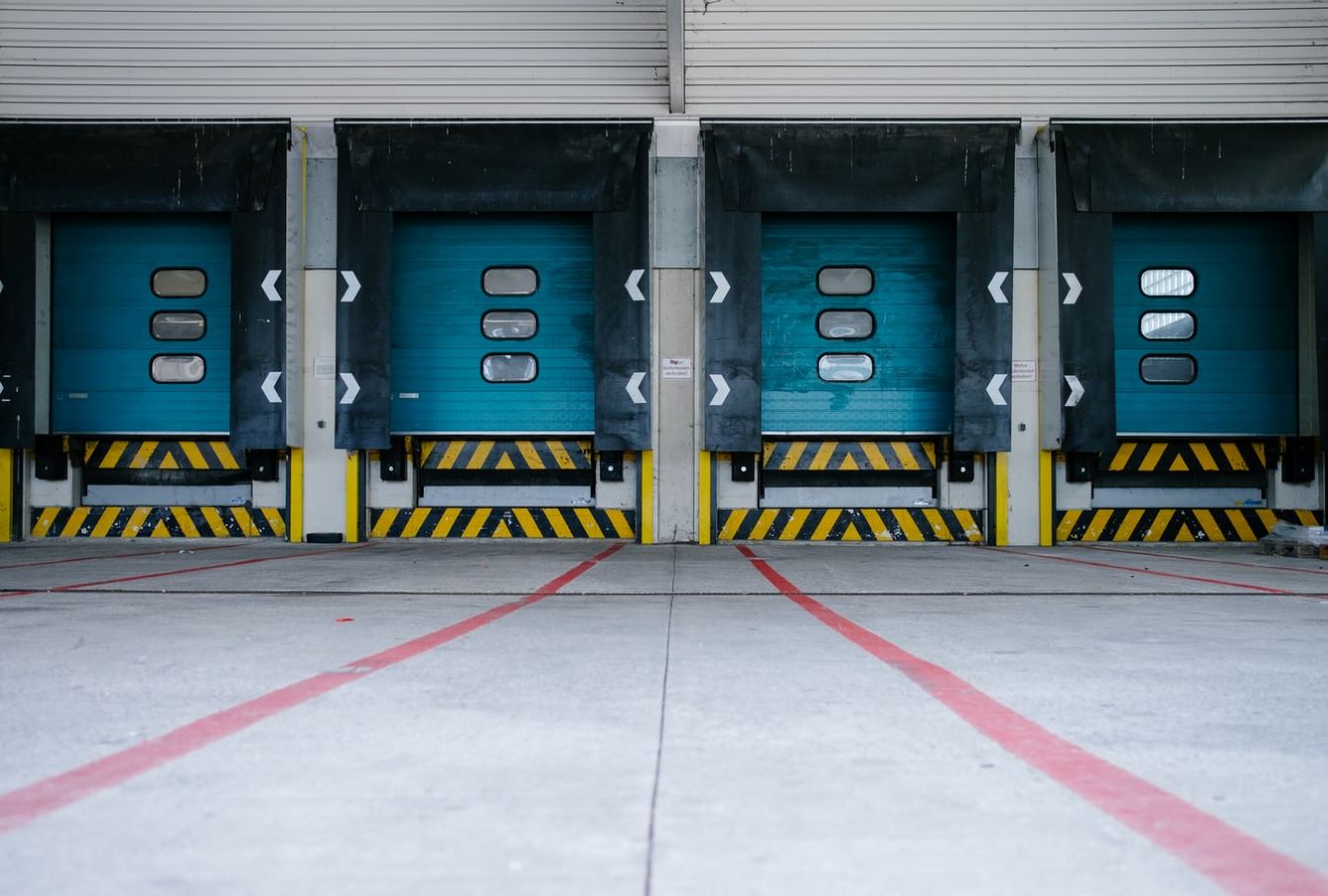 Electric cars are dominating the conversation, but hydrogen could have a significant impact on transportation
Electric cars are dominating the conversation, but hydrogen could have a significant impact on transportation
“Hydrogen has established itself as a clean alternative fuel that can significantly reduce air pollution in the transport sector by eliminating the emission of pollutants and Co2. It involves drastically reducing the sector’s environmental impact by freeing it from fossil fuels, while offering users a performance similar to that of “traditional” transport.” Hydrogen could have a significant impact on the transportation sector, even though sales of fuel-cell cars have been minuscule to date. More than 9 million hydrogen fuel-cell passenger vehicles could be built to support aggressive targets in markets such as California, China, Japan and South Korea, according to a new market report published by Wood Mackenzie. In the short term, however, hydrogen is more likely to be used for heavier vehicles such as buses and heavy-duty trucks.
Buses and trucks a better fit for hydrogen? The research shows the market is expanding rapidly from its small base. There are 5.3 million electric vehicles on the road worldwide, said Gallagher, with many countries offering strong incentives for the acquisition of battery-powered cars. For hydrogen to catch up will require tremendous policy support, particularly while there aren’t enough vehicles on the road to warrant massive fuelling station build-out programs.
The fact that such hydrogen fuelling stations are being built at all — WoodMac estimates there are 410 public and private facilities worldwide, a number set to grow to 629 based on current announcements — does not seem to make sense to support a tiny number of car owners. But Gallagher said refuelling station build-outs are also aimed at scaling up the fuel-cell manufacturing industry and providing local jobs. “And it’s a way to provide some additional stability and volumes for electrolyte vendors,” he noted.
Further, while low sales volumes might not warrant public support for hydrogen fuel cell passenger vehicles, there are “other applications that might be a better use case in the near term,” said Gallagher.
Buses and trucks would fall into this bracket, since they need heavy battery packs for electrification and tend to travel to and from a central base where it could be economically viable to build a hydrogen refuelling station. In 2017, a report by Roland Berger for the European Fuel Cells and Hydrogen (FCH) Joint Undertaking highlighted transport in two out of five business cases for hydrogen.
One involved heavy-duty transport including trains, buses and large trucks, where automotive manufacturers including Toyota and fuel-cell vehicle specialists Esoro and Nikola Motor Company are active. Among bus makers, Solaris, Van Hool and VDL are studying hydrogen-fuelled products.
A second use case researched by the FCH was light- and medium-duty transport applications, from cars and delivery vans to garbage trucks and construction equipment. Roland Berger’s report highlighted a fuel-cell delivery van pilot by parcel service UPS in Long Beach, California in 2017. It also noted that fuel-cell-based garbage truck pilots had been undertaken in Germany, the Netherlands and the U.K. A recent Wood Mackenzie research insight looks at hydrogen mobility benchmarks and the current size of the global hydrogen mobility market, and tracks announced projects and deployments.





